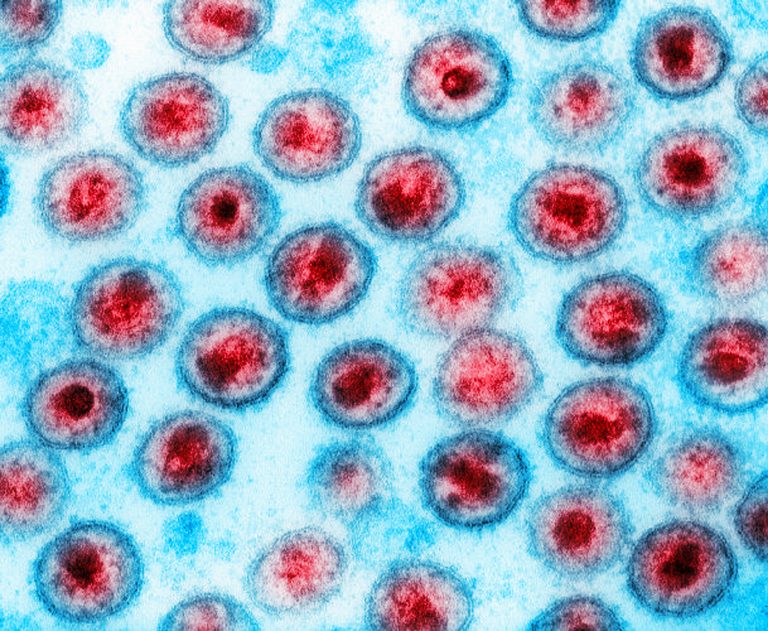
Research led by the Wistar Institute in Philadelphia has identified blood biomarkers that can predict if a patient with HIV will go into remission or not after antiretroviral therapy is stopped.
The quality of treatment for HIV is now so good that many infected individuals live a long life, but still need to take antiretroviral therapy on a regular basis.
Some individuals on long-term therapy are able to sustain viral suppression and achieve a ‘functional cure’, but it can be hard to predict who falls into this group and be able to stop taking therapy long term.
“Whereas the majority of HIV-infected individuals experience rapid viral rebound after antiretroviral therapy interruption, a rare population of individuals, termed post-treatment controllers, demonstrate sustained virologic suppression for several months to years after antiretroviral therapy cessation,” write Mohamed Abdel-Mohsen, an assistant professor in the Wistar Institute Vaccine & Immunotherapy Center, and colleagues, in the journal Nature Communications.
To try and simplify this process, Abdel-Mohsen and team carried out a study looking at samples from 98 individuals from two cohorts of HIV patients to assess if it was possible to predict who went into remission and who rebounded after therapy interruption.
The researchers found that levels of 13 different metabolites, for example, plasma markers of glutamate and bile acid metabolism, were linked to delayed viral rebound. They also found 12 metabolites, such as markers of pyruvate and tryptophan metabolism, that were linked to a faster rebound.
Several biomarkers stood out as being particularly predictive of outcome after treatment interruption. High levels of L-glutamic acid, N-acetylglucosamine, and fucose before treatment interruption predicted a longer rebound time and greater likelihood of remission. Whereas high initial levels of pyruvic acid and two sialylated glycans predicted a shorter rebound time and lower likelihood of remission.
“A growing body of research applies metabolomics and glycomics methods for the unbiased discovery of biomarkers associated with clinical conditions,” said Leila Giron, postdoctoral fellow in the Abdel-Mohsen lab and first author on the study, in a press statement.
“We are among the first to apply this strategy in the context of analytical treatment interruption to analyze two carefully selected and well characterized groups of individuals, including a rare population of post-treatment controllers.”
After the biomarkers of remission were uncovered, the researchers combined them into a model and used machine learning algorithms to more accurately predict whether an HIV infected individual would rebound (95% accuracy) after stopped antiretroviral therapy and when (74% accuracy).
“Beyond their utility as biomarkers, these metabolic and glycomic signatures of viral rebound represent an opportunity to better understand the host milieu preceding a viral rebound,” write the researchers.
“Our signatures, upon further validation, have the potential to fill a major gap in the HIV cure field through their usage as biomarkers of viral rebound during HIV cure-focused clinical trials. In addition, these results may open mechanistic avenues to better understand the fundamental biological processes, including carbohydrate metabolism, that may regulate HIV control during antiretroviral therapy and post- analytical treatment interruption.”











